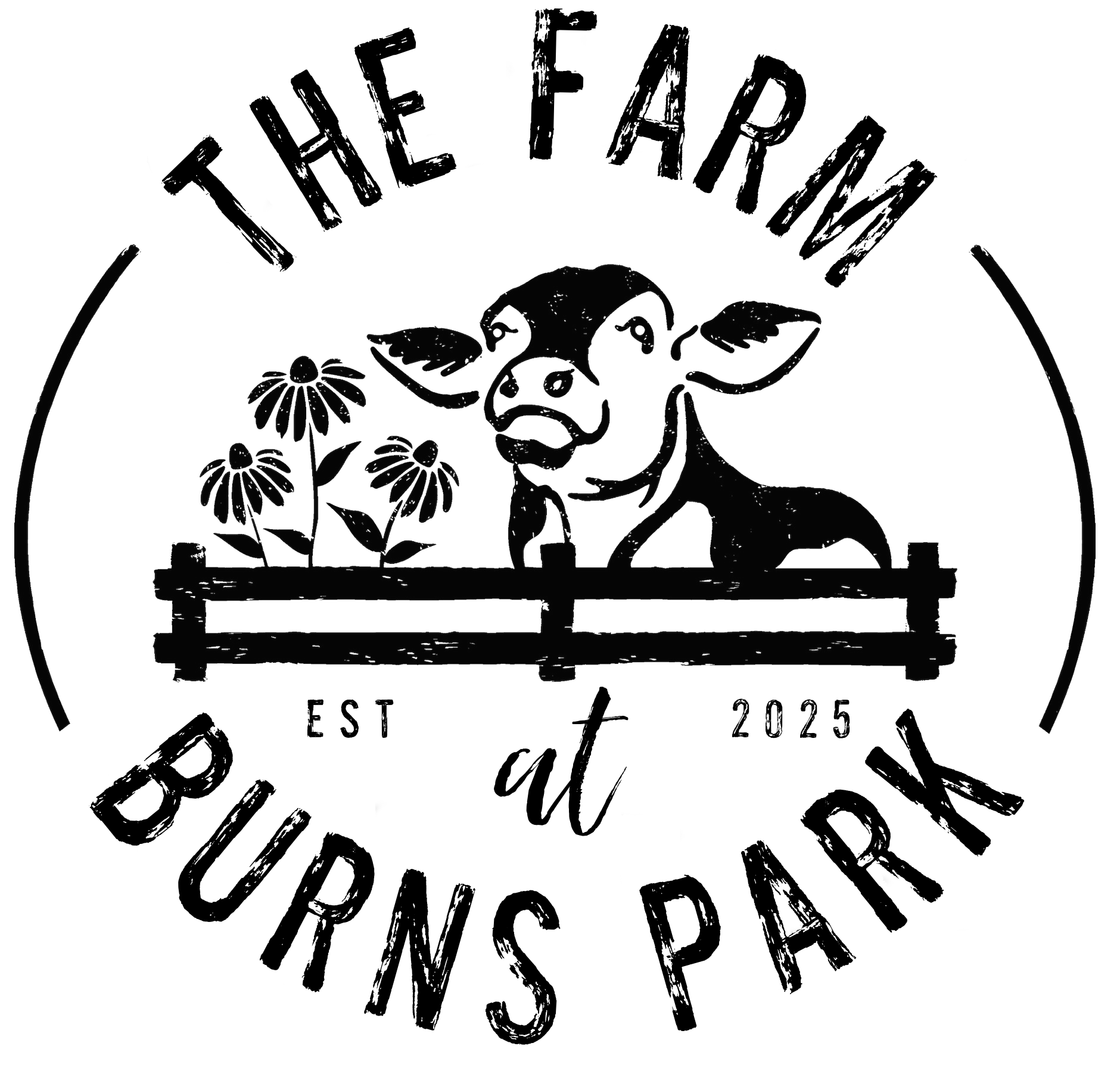Support the Farms Growth and Impact
Join efforts to expand fresh food access, empower local farmers, and build a thriving community
Phase 1: Gardens & Growth Establishing Core Production
- Installing 100 raised beds designed for vegetable growing
- Constructing an 18×36-foot greenhouse to extend the growing season and start plants,
- Building a 30×45×13-foot metal workshop to support farm operations and community gardening activities. These facilities will serve both The Farm and the Central Arkansas Master Naturalists,
Phase 1 focuses on rapidly restarting farming and production with essential infrastructure providing hands-on spaces for cultivation and education.
The total estimated cost ranges from
$141,000 to $202,000, with $60,000 already secured through generous post-fire donations.
This phase lays the groundwork for renewed food production and community engagement by delivering vital growing spaces and a functional workshop to support ongoing education.
Phase 2: Community, Food Access, and Education
Visitor Center & Store Development
Constructing a dedicated visitor center and store to provide local growers a space and increase fresh food access. Budget ranges from $224k to $352k, with $40k already secured.
Market Pavilion
Supporting Local Farmers
Educational Programs
Phase 2 Budget Overview
Funding Progress
Expanding Farmstead Horizons
Phase 3: Animals & Compost
The farm will create engaging visitor experiences that connect the community with local animals. This phase aims to deepen public understanding of animals interaction with the land and promote environmental stewardship.
With a budget range of $64,000 to $104,000, Phase 3 completes the farmstead’s vision of a comprehensive education center that supports community engagement.
Project Funding and Budget Overview
$141k–$202k
$60k
$528k–$731k
$65k
$64k–$104k
Phase 3 Budget: Animals
$0
$733k–$1.04M
Get Involved at The Farm
Community Voices
Hear from our supporters



